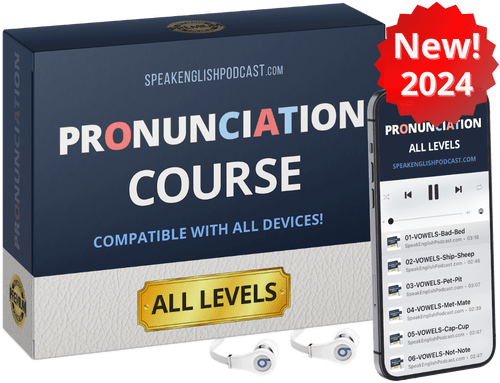Transcript:
“Now that I’m all by myself, I’m going to indulge in this last cookie. I don’t think anyone will notice!”
Today I’ll explain some words related to trials. While I’m hoping you’ll never have to use these words in real life, becoming familiar with this language will help you better grasp the subject and engage in conversation on the topic.
Come on, let’s start!
#1 The Accused or Defendant
The person who is accused of breaking the law is called the accused or defendant. They have the right to tell their side of the story and present evidence to the judge.
For example:
The police arrested the defendant. He is accused of having eaten the last cookie in the box.
#2 Courtroom
A courtroom is a place where legal cases are heard and decided. People go there when they are accused of doing something illegal or have a disagreement that needs to be settled by a judge or jury.
Example:
The trial of the defendant will take place in the courtroom.
Okay, next word:
#3 Crime
A crime is an act or omission against the law punishable by a fine, imprisonment, or both. For example, stealing is a crime.
Example:
– I just committed a crime!
– What crime did you commit?
– I ate the last cookie without sharing – that’s an unforgivable crime!
In this case, legally, it would not be a crime, but it is unforgivable to eat the last cookie without sharing it!
#4 Accomplice
An accomplice is a person who helps another to commit a crime or offense. There could be more than one person helping with the crime.
Example:
– I can’t believe we did this.
– Me neither. But no one saw how we ate the cookie. Now we are accomplices.
[END OF THE EXTRACT]
Resources:
- Audio MP3 (right-click to save the audio)
- FULL-TEXT PDF (right-click to save the TEXT)
Recommended Material:




0 Comments